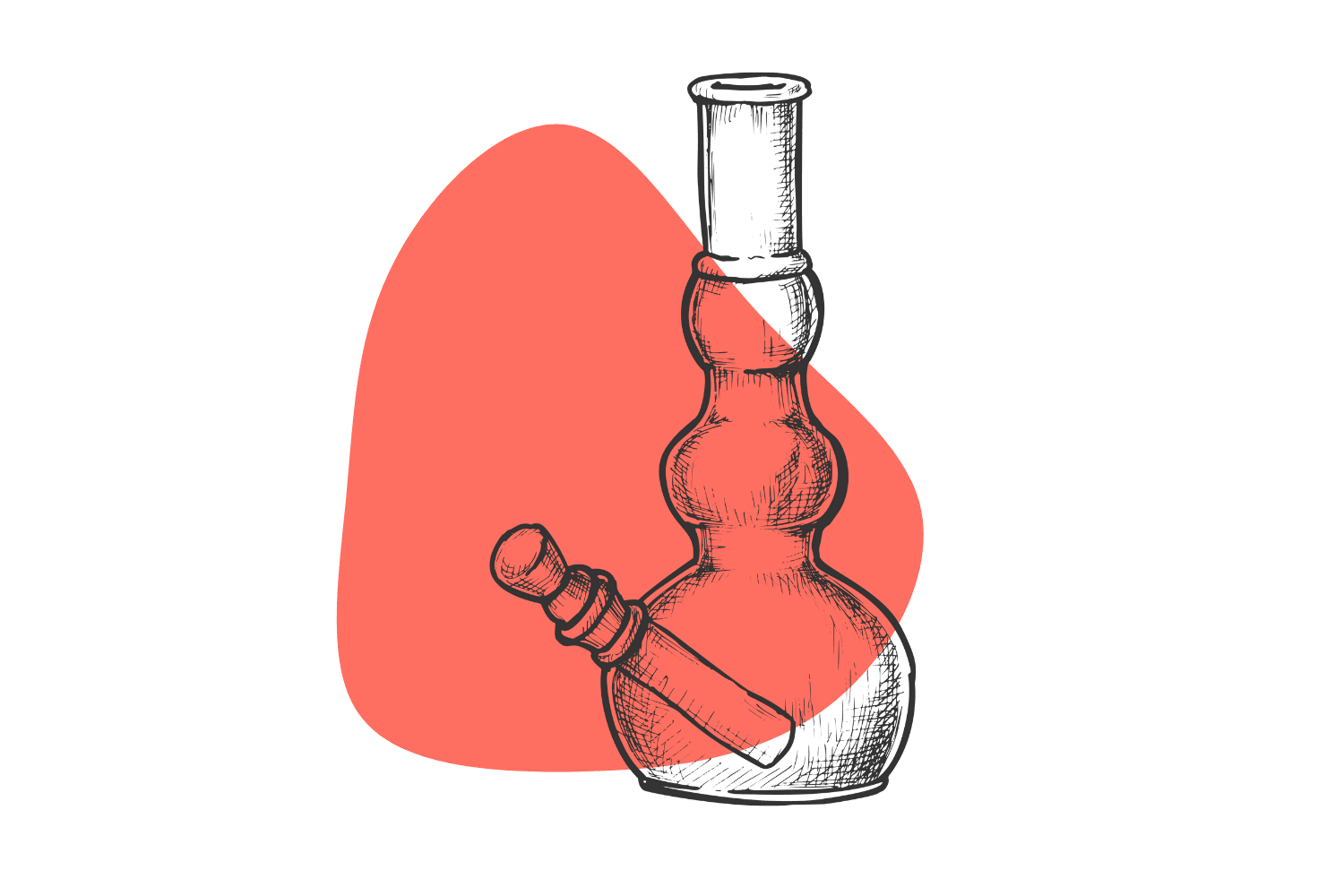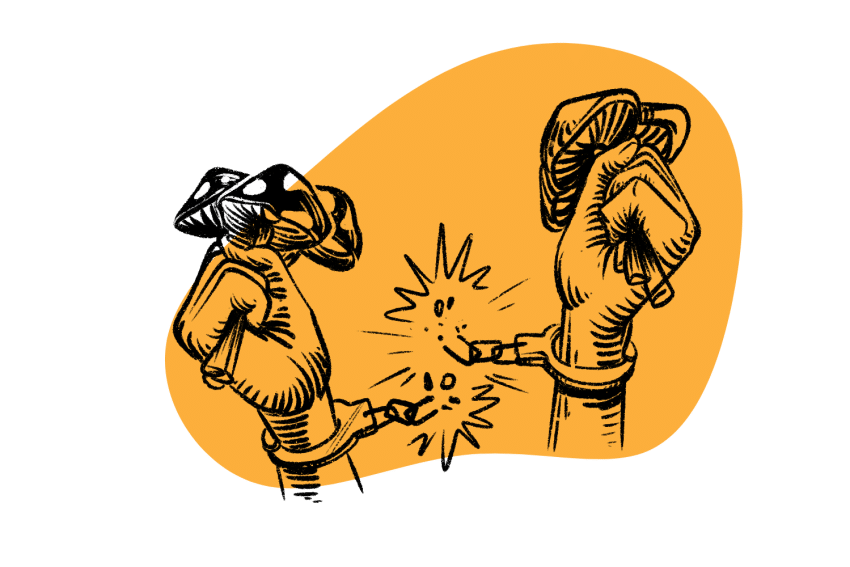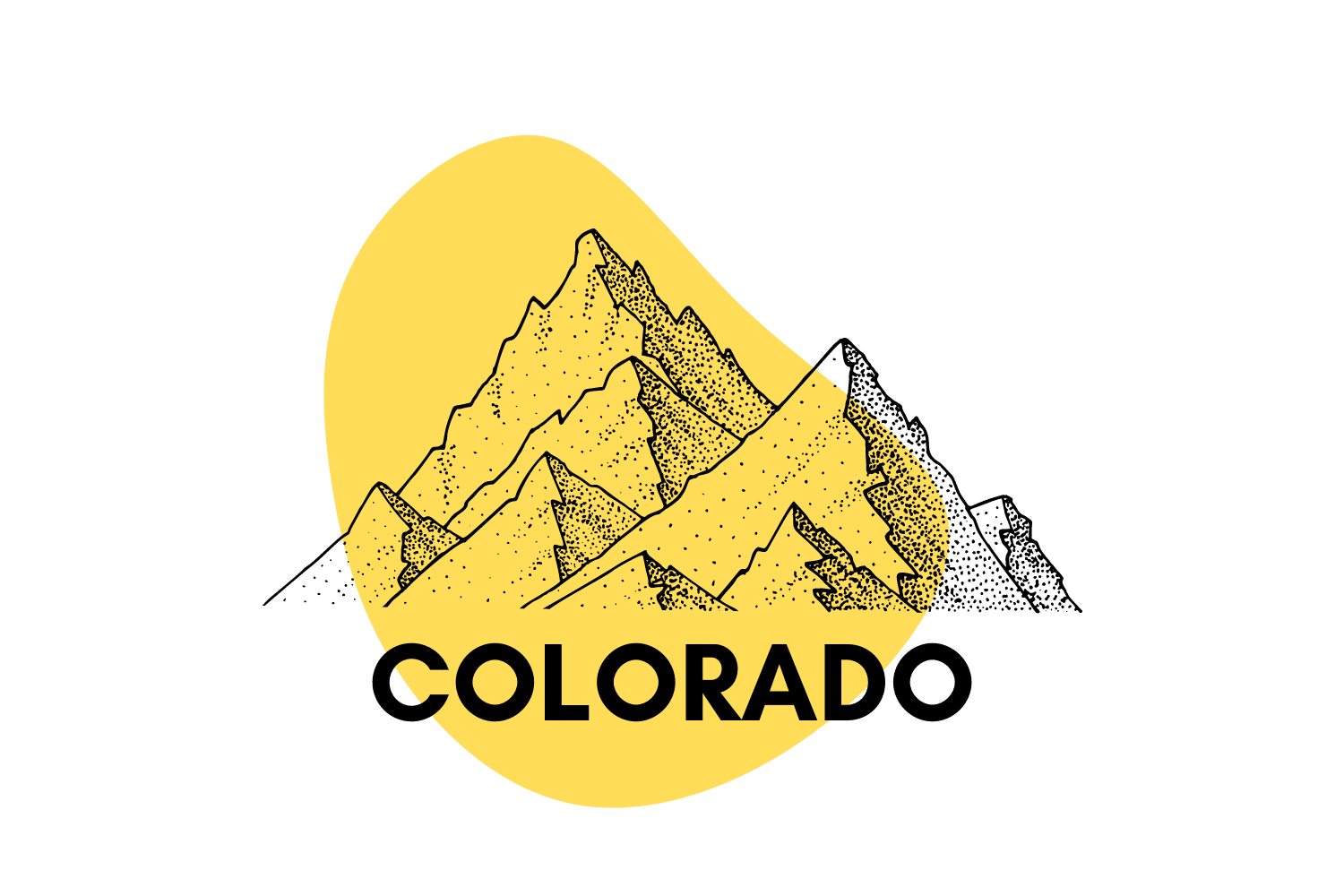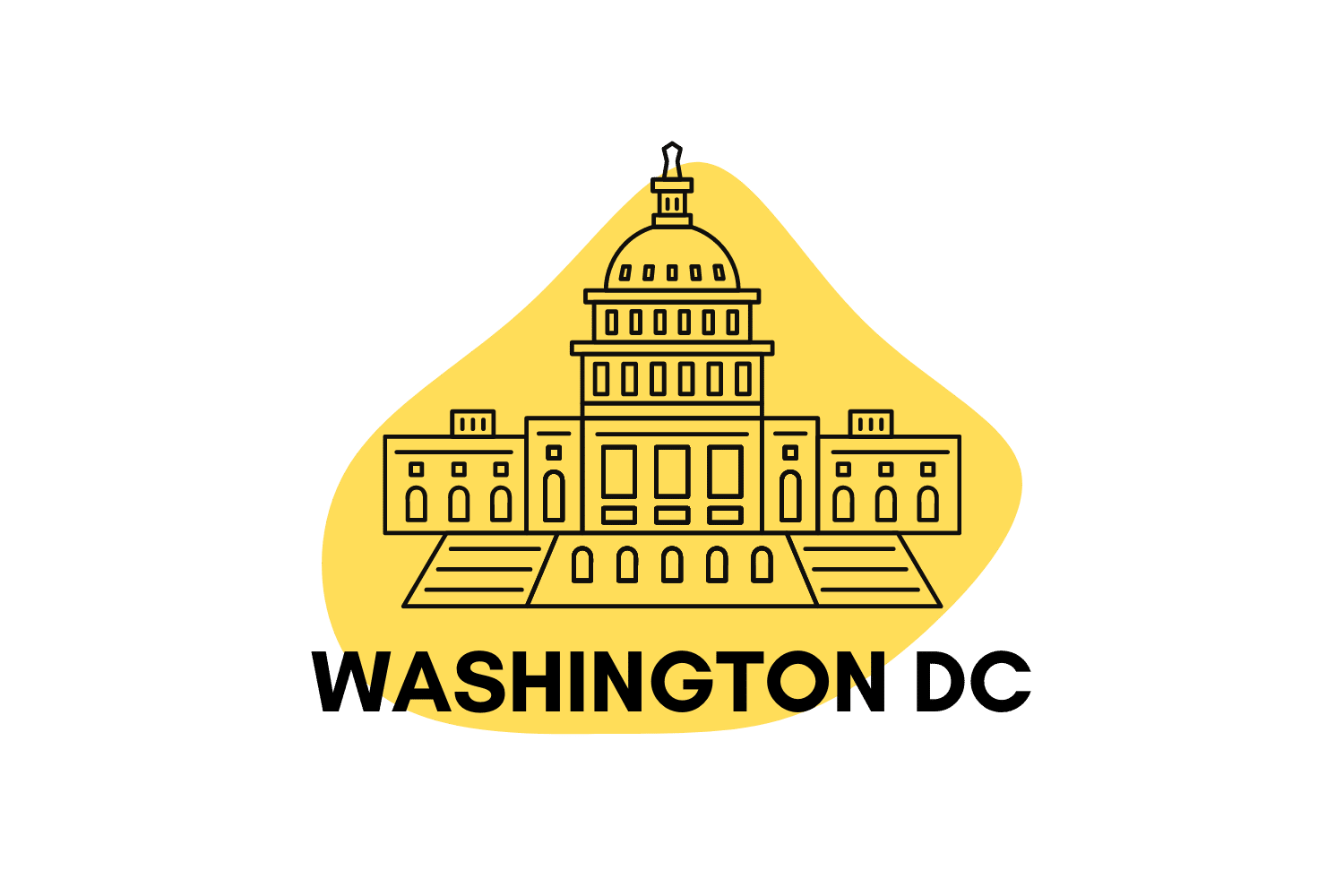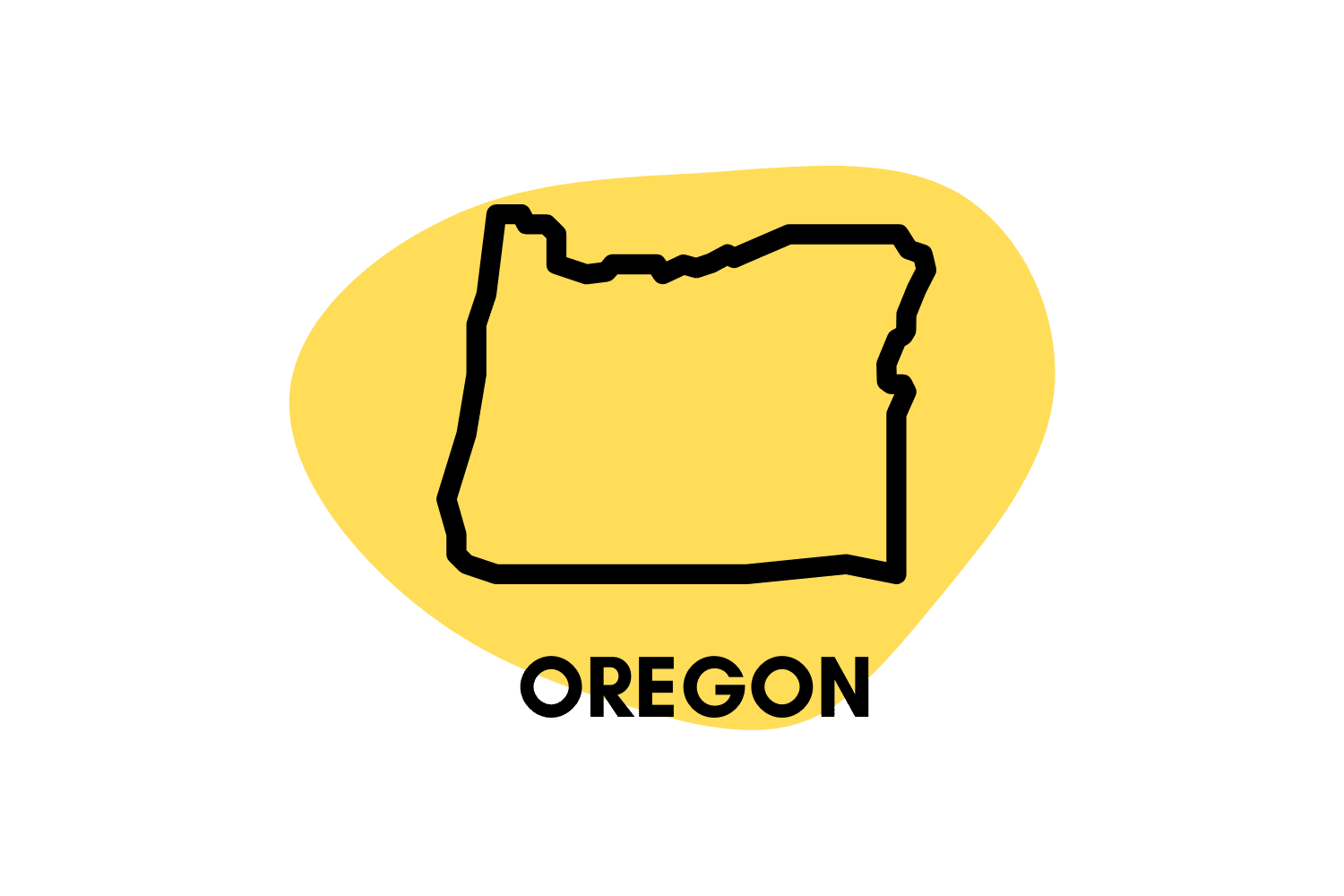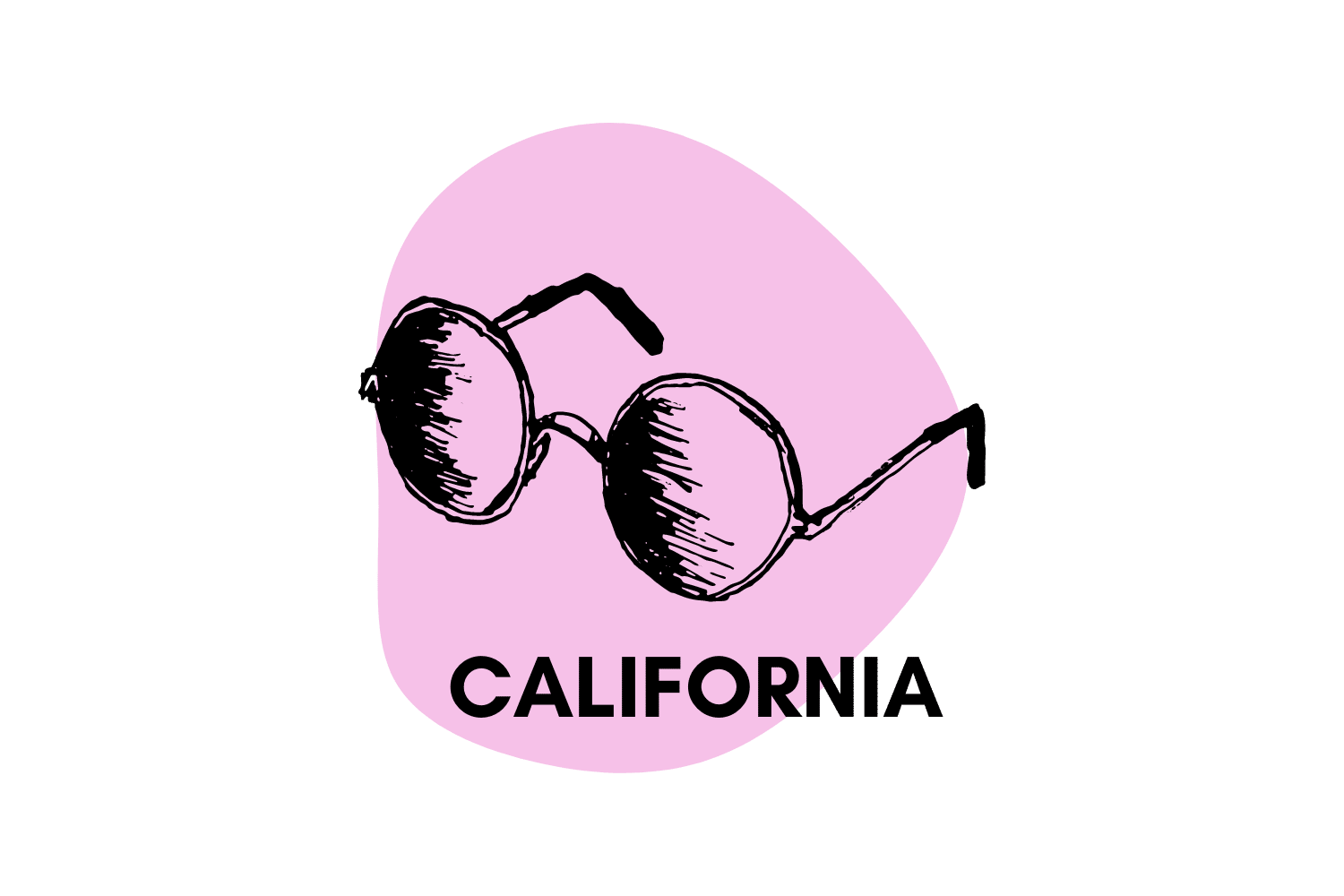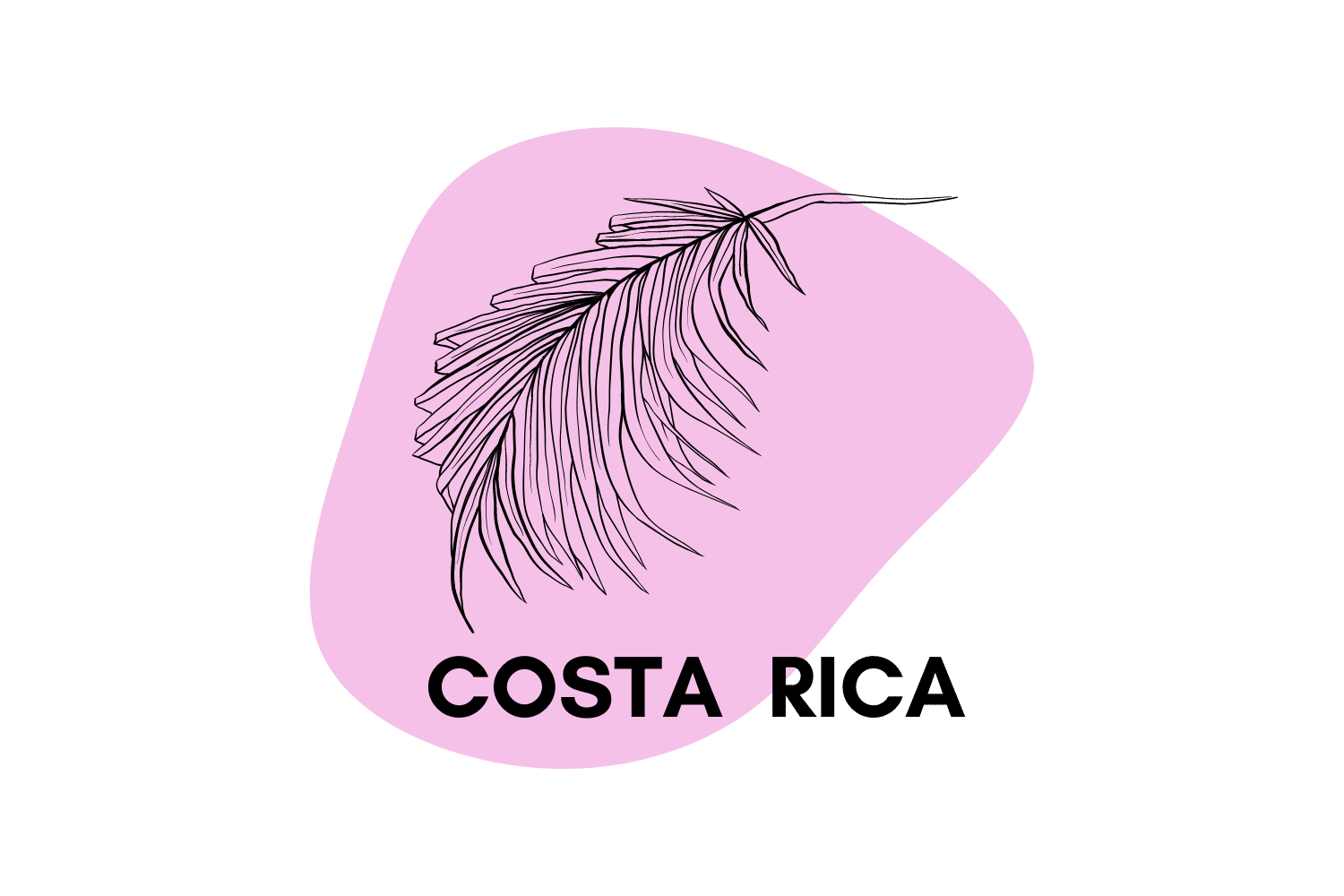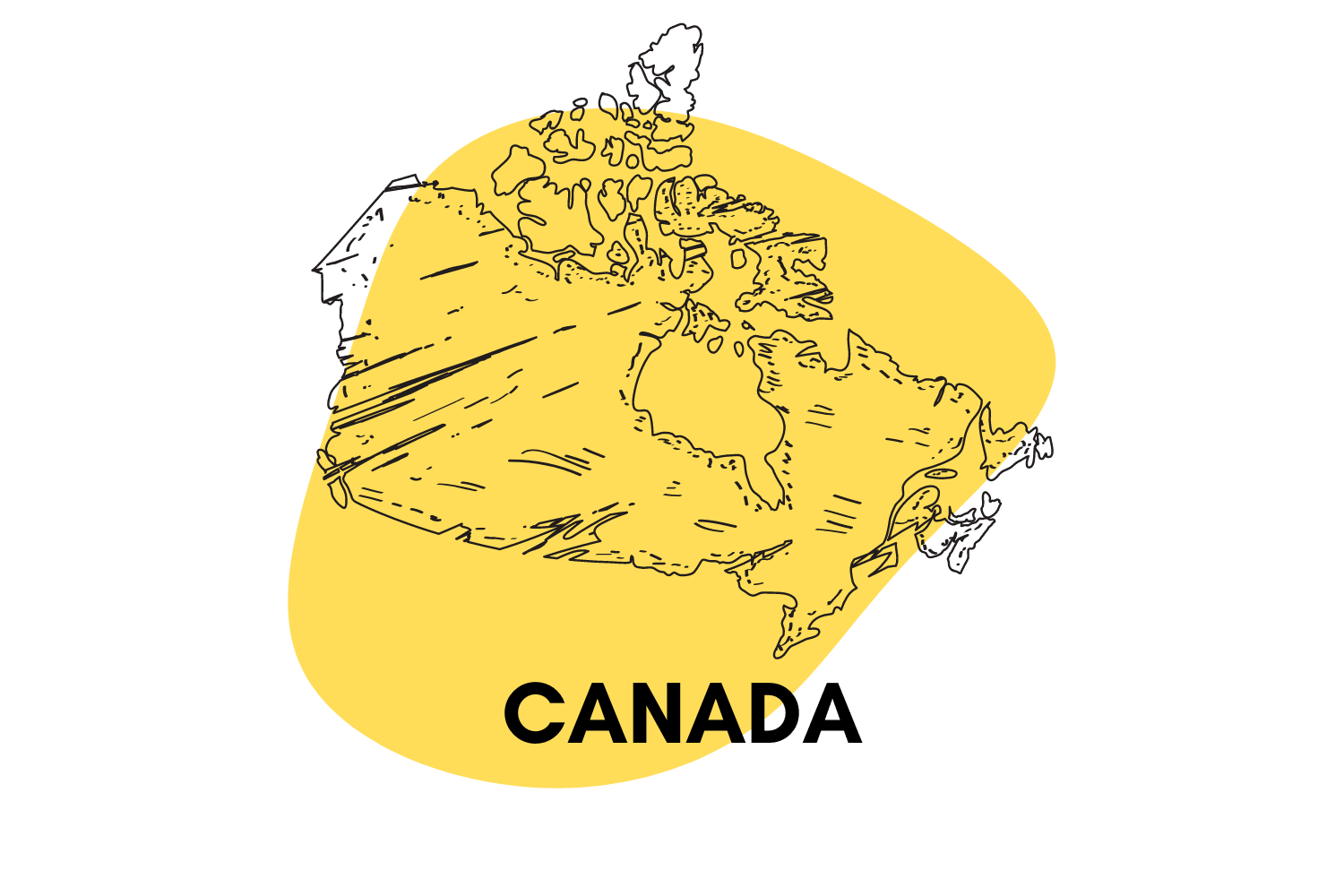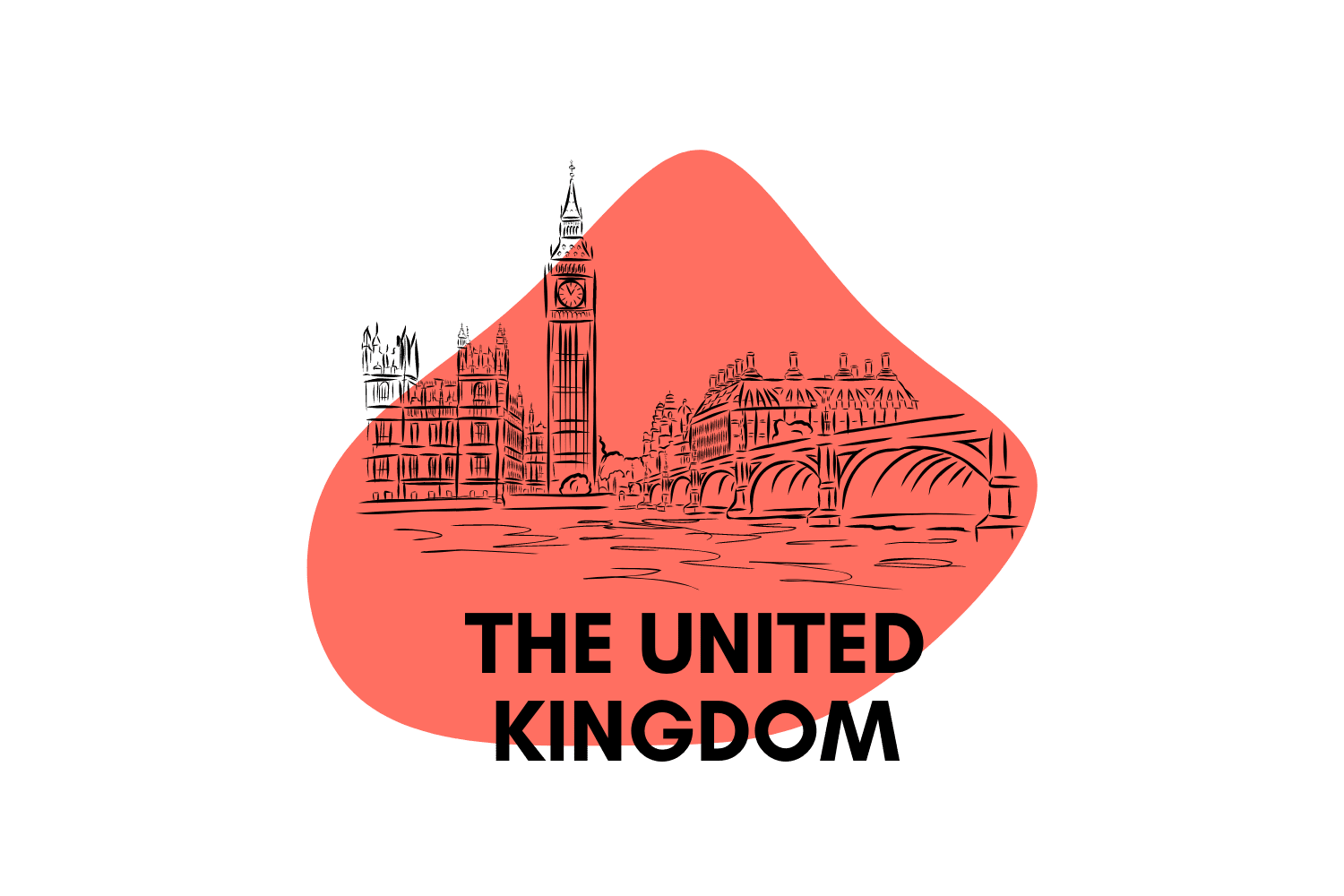Psychedelic Drug Laws in Yukon
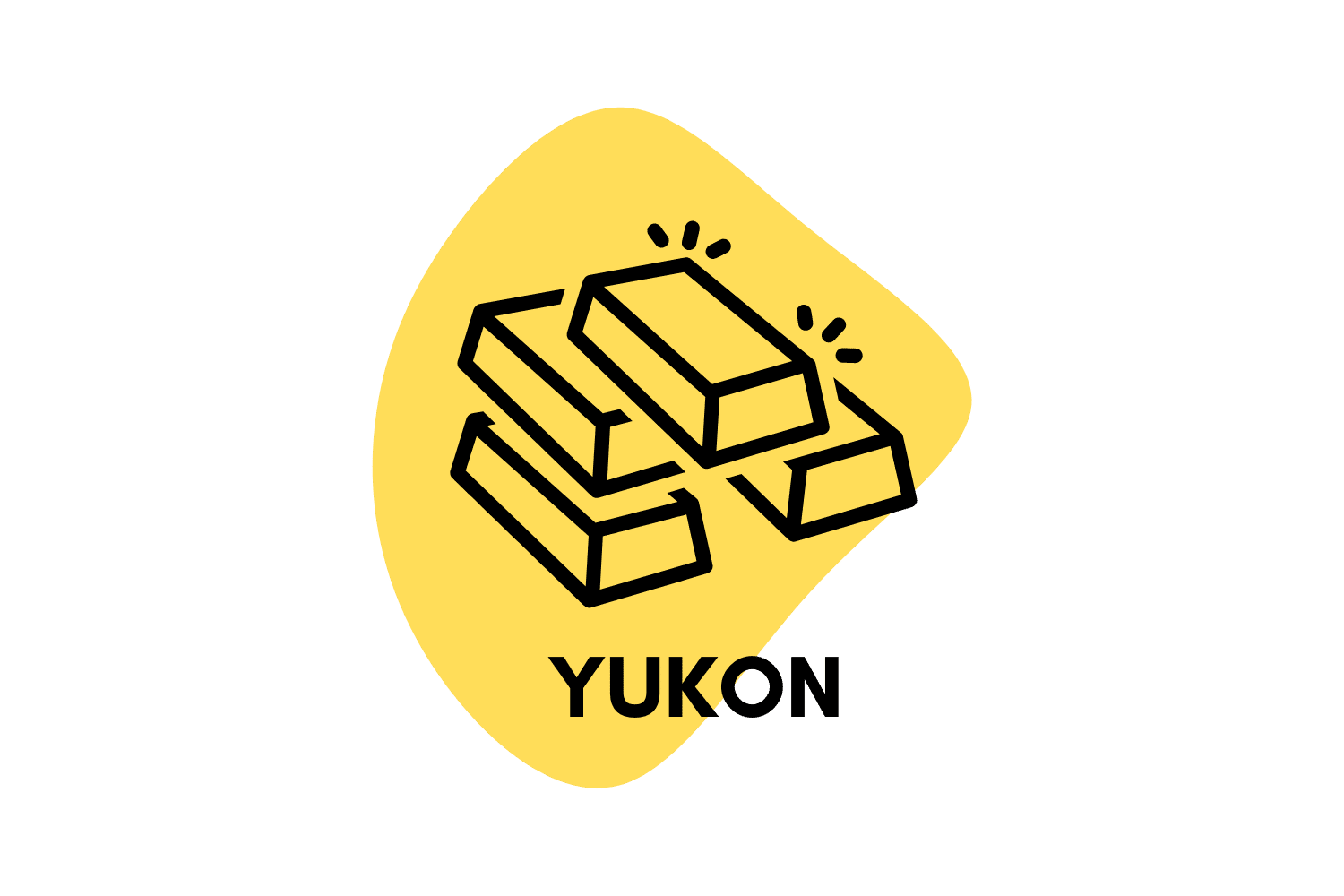
Canada currently classifies most psychedelics as Schedule 3 controlled substances because of their moderate to low potential to be addictive. Unfortunately, Yukon isn’t an exception to this rule. You can only do so with a federal exemption if you need to use them.
Still, Canadians have been demanding their government to relax outdated psychedelic laws, especially for medical treatments. This piece covers the legality of the most common psychedelics, so you’ll have the most relevant information regarding drug laws in Yukon.
Summary of Psychedelic Drug Laws in Yukon
- Psychedelics are primarily illegal in Yukon.
- Canada has taken a progressive stance on psychedelics, and its laws are among the most flexible in the world.
- Many institutions and Canadian citizens are pushing to decriminalize psychedelics.
- Some substances have immense potential for psychotherapy usage
- Vancouver recently pushed to decriminalize all substances, which could be an example for other cities and provinces to follow suit
- There isn’t any pending legislation surrounding psychedelic substances in Yukon
Are Magic Mushrooms Legal in Yukon?
During the past years, magic mushrooms have been technically illegal in Yukon and most of Canada due to the approval of the Controlled Drugs and Substances Act. They do, however, remain legal for medical use only, such as in cases of terminal illness or severe depression.
Moreover, researchers from Johns Hopkins Medicine argue that psilocybin should be reclassified due to its safety profile and therapeutic value.
A petition signed by 15,000 Canadians was RECENTLY sent to the House of Commons to loosen the grip Canadian law currently holds towards psychedelics.
Fortunately, there is a trend towards the decriminalization of psychedelics in Canada, thanks to solid evidence outputted by both citizens and medical clinics that use them. Psychotherapy may safely and reliably use plenty of these substances, a topic we will cover further below.
Where to Buy Magic Mushroom Spores in Yukon
Fair amounts of stores sell magic mushroom spores and grow kits in Yukon. You can freely possess spores anywhere in Canada, mostly sold for research purposes. However, while their lack of psilocybin makes them legally deliverable, spores become illegal once they germinate.
Cultivating magic mushrooms is illegal in Canada, as federal law bans its active ingredients, psilocybin, and psilocin, which the mushroom’s fruiting bodies contain.
Do Magic Mushrooms Grow Wild in Yukon?
Magic mushrooms grow everywhere you can think of, excepting frigid climates such as Antarctica’s. Yukon is no exception, and there are plenty of magic mushroom species that grow throughout the country. Be aware, though, dozens of toxic mushrooms look similar to magic mushrooms, so take great caution if you’re actively looking for them.
Here are some of the most common mushroom species in Canada:
Psilocybe azurescens
This species originates from Oregon, where it grows in driftwood and beach grasses in dunes around the mouth of the Columbia River. It is easily cultivated in outdoor chip beds and is considered very potent while also exhibiting robust blue staining if aging or bruised.
Psilocybe baeocystis
Psilocybe baeocystis is a common weed mushroom in Vancouver and hides in residential and institutional landscaping. It used to be very abundant in the 1980s but has been gradually disappearing from developed urban settings since then. It is known for being very potent and staining a dark blue color.
Psilocybe cyanofibrillosa
This species grows around coastal areas extending from Northern California to British Columbia, Canada. Psilocybe cyanofibrillosa likes to grow in regions with lots of lupines near floodplains and river estuaries. Also, they are considered moderately potent when fresh and weaker when dried.
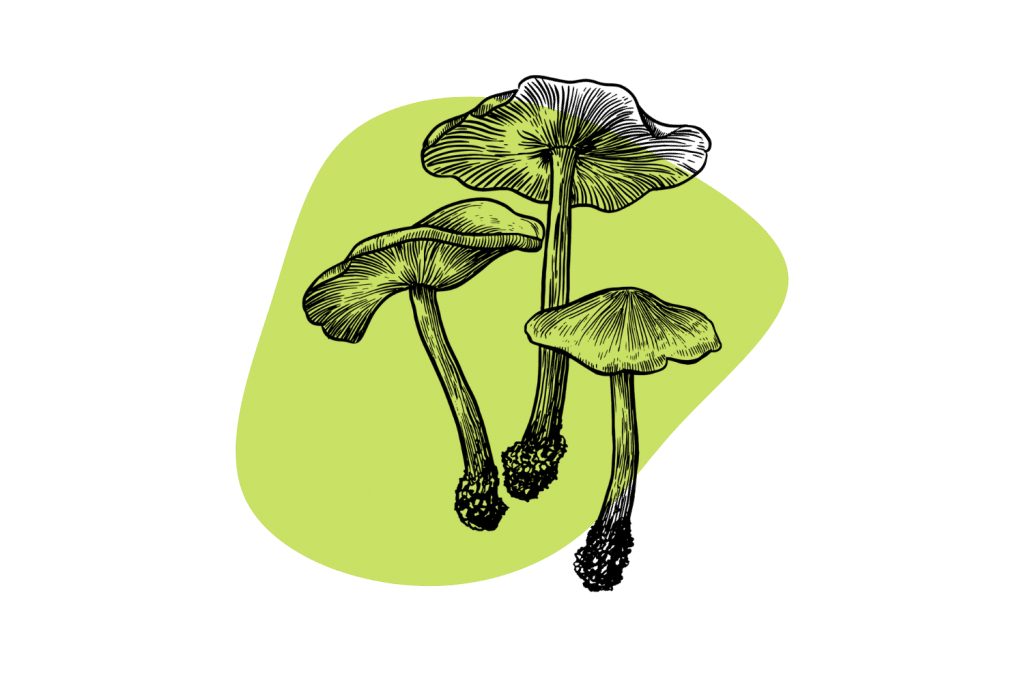
What Are the Medicinal Uses of Shrooms?
Lately, there’s been a big push for the legalization of magic mushrooms in North America and Europe, thanks to significant research on their use in psychotherapy. Plenty of research demonstrates a broad range of therapeutic benefits in psilocybin, psilocin, and magic mushrooms as a whole.
While they’ve been proven to improve problem-solving skills and increase creativity, shrooms have been able to help in the following as well:
Shrooms for Depression
Studies show that psychedelic mushrooms prove immensely useful for dealing with depression. This is because shrooms activate neurotransmitters such as dopamine and serotonin, abundant chemicals in happy brains yet lacking in depressive ones.
Still, effectively treating depression with shrooms or other psychedelics requires a fundamental shift in ontology rather than a simulated emotional experience through anti-depressant substances. While mushrooms don’t cure it by themselves, they can be a boon when dealing with difficult situations.
Shrooms for Post Traumatic Stress Disorder (PTSD)
As well as with depression patients, magic mushrooms can help people suffering from PTSD. One of the critical abilities shrooms have is unearthing memories from the unconscious mind and giving an entire shift in perspective.
For example, psilocybin-assisted therapy involves low doses of psilocybin paired with therapeutic interventions. The effect of these low doses allows for a loosening of conscious and unconscious defense mechanisms. This very loosening of the mind enables deeper introspection and easier trust-building between patient and therapist, enhancing the therapy as a whole.
People with PTSD report outstanding improvements after the first few sessions, and their positive changes in perspective are sustained for months.
Shrooms for Existential Anxiety (End of Life Care)
Magic mushrooms can help terminally-ill patients, as psilocybin can be used to deal with the existential anxiety that comes with a terminal diagnosis. Even a single session of psilocybin-based therapy is enough to generate significant psychological relief.
Psilocybin works by mimicking serotonin-like effects, granting a shift in how individuals process their experience in the world, similar to how they help with PTSD. Johns Hopkins Medicine supports magic mushroom’s usage for coping with end-of-life situations, and increasing amounts of terminally-ill Canadians successfully use them.
Shrooms for Cluster Headaches
Psilocybin can help you with psychological problems and physical ones. Some studies show magic mushrooms can help treat cluster headaches. Interestingly, there is still no scientific explanation of how they achieve this.
This kind of treatment is far from being approved yet is promising nonetheless. Cluster headaches are a debilitating condition that frequently leads to missed opportunities, so any type of solution is valuable.
Shrooms for Addiction
Finally, magic mushrooms are helpful when treating drug addiction. Even if only for a few hours, it may be enough to slowly get rid of self-destructive habits.
Shrooms work by activating H5T2A receptors, which temporarily deactivates the DMN (default mode network). The DMN is responsible for maintaining a meaningful train of thought and making us think more efficiently. This network is also responsible for unhealthy thinking and behavior patterns, such as addiction.
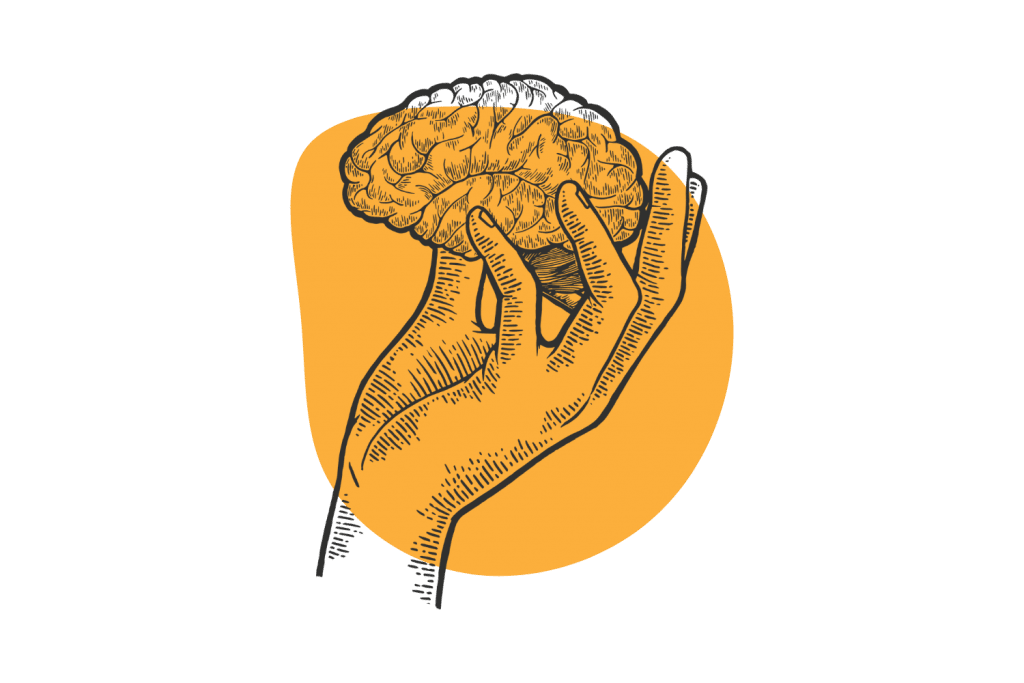
Is LSD Legal in Yukon?
LSD is entirely illegal in Yukon and classified as Schedule III under Canada’s Controlled Drugs and Substances Act. In the 1960s, LSD use in Canada significantly increased, and, as a result, the Canadian government decided to criminalize the substance.
For decades, it was the subject of exaggerated reports by mainstream news channels. Unfortunately, these damaging accusations turned into long-lived negative associations, furthering an image of LSD as a dangerous substance.
Though this negative image is still present today, it is slowly fading.
Is DMT Legal in Yukon?
DMT (dimethyltryptamine) is currently prohibited under Canadian federal criminal law, though certain DMT plants remain legal for sale. The Canadian government permits ayahuasca through Subsection 56 exemptions.
A way to legally use DMT in Yukon could be Changa, a smokable form of ayahuasca, which gives its users the ability to ease into the DMT realm more slowly.
DMT can also be found in Bufo Alvarius, a species of toad that secretes venom through pores on its back, containing high concentrations of the substance. However, the toad and the venom itself are highly illegal in just about every part of the world, mainly due to environmental regulations.
Is MDMA Legal in Yukon?
MDMA, also known as ecstasy, is illegal in Yukon and controlled under Schedule I of the Controlled Drugs and Substances Act. Activities such as the sale, possession, or production of MDMA are unlawful unless authorized for medical, scientific, or industrial purposes.
Still, some countries and US states are slowly moving towards legalizing the medicinal use of MDMA in therapy, though it won’t be legal for public use anytime soon.
MDMA is being studied for its potential to treat conditions such as anxiety and post-traumatic stress disorder. These studies use medical-grade MDMA in clinically supervised settings. Currently, no approved therapeutic products contain the substance in Canada.
Is Ketamine Legal in Yukon?
Ketamine remains legal in Yukon and all of Canada, but only for medical use. There are plenty of clinics operating with the substance throughout the country, providing fast relief for patients with severe depression.
In addition, many Canadian provinces and US states are pushing for the legalization of ketamine therapy for use with treatment-resistant depression and PTSD.
Its recreational use remains banned as a Schedule I controlled substance, bringing a penalty of up to seven years of imprisonment. It is also a highly addictive substance, and you may experience withdrawal symptoms should you abruptly stop using it, but it still has legitimate uses in medicine.
Is Marijuana Legal in Yukon?
Marijuana has been legal in Yukon for citizens 21 years old or older since the Cannabis Act was approved in October 2018. It has also been legal for medicinal purposes and seed, grain, and fiber production in Canada since 2001.
Yukon has developed laws that regulate distributing, selling, possessing, consuming, and growing cannabis for personal use. Also, a local survey indicated cannabis used to be the most commonly used illicit substance in Yukon before its legalization. The Yukon government currently offers online sales to ensure that all communities in the territory can buy legal cannabis.
All cannabis derivatives are legal and protected under Canadian federal law. This applies to delta 8, delta 9, and delta 10 THC.
What’s the Difference Between Legalization & Decriminalization?
Decriminalization and legalization may seem similar but are entirely different. When something is decriminalized, it doesn’t mean it’s legal — it means the penalties for possessing or consuming the substance are significantly reduced.
Legalization takes it a step further, removing these penalties as long as a specific set of criteria are met. Also, when a substance is legalized, it usually comes with many protocols that allow approved companies to sell it.
Psychedelic Laws in Other Canadian Provinces
Some provinces treat drug offenses differently than Yukon.
- Psychedelics in Alberta
- Psychedelics in British Columbia
- Psychedelics in New Brunswick
- Psychedelics in Newfoundland and Labrador
- Psychedelics in Northwest Territories
- Psychedelics in Nova Scotia
- Psychedelics in Nunavut
- Psychedelics in Manitoba
- Psychedelics in Ontario
- Psychedelics in Prince Edward Island
- Psychedelics in Quebec
- Psychedelics in Saskatchewan
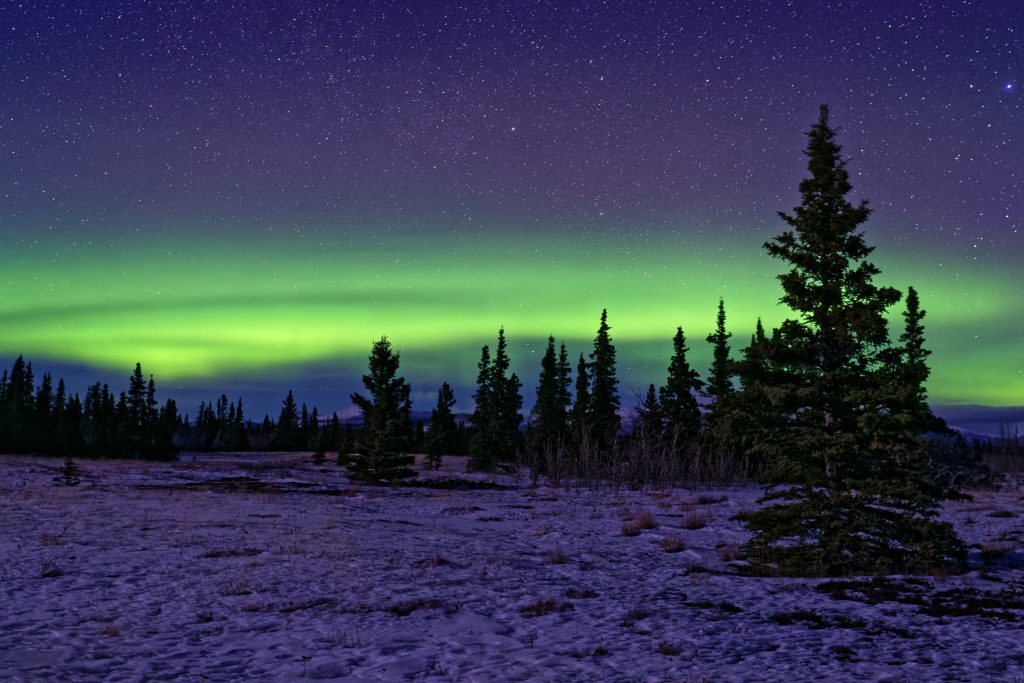
Key Takeaways: What’s the Future of Psychedelics in Yukon?
Psychedelics are well on their way to being allowed in Yukon and all of Canada. Fortunately, Canadian laws are incredibly flexible compared to the rest of the world, so this may happen sooner than expected.
Some regulators are even looking at case studies in Portugal, where all substances were decriminalized, leading to a significant drop in overdose-related deaths and addiction.
The 21st century has seen a renewed interest in psychedelics, with growing support for bringing back psychedelic science. In addition, research on addictions, post-traumatic stress disorder, models of madness, and end-of-life care is gaining momentum. Some observers are even describing it as a “psychedelic renaissance.”
Numerous organizations and even Canadians themselves call for decriminalization of plants and fungi with psychoactive properties. In conclusion, Yukon and most of Canada slowly progress towards decriminalizing and even legalizing psychedelics, though strictly for medical use.

